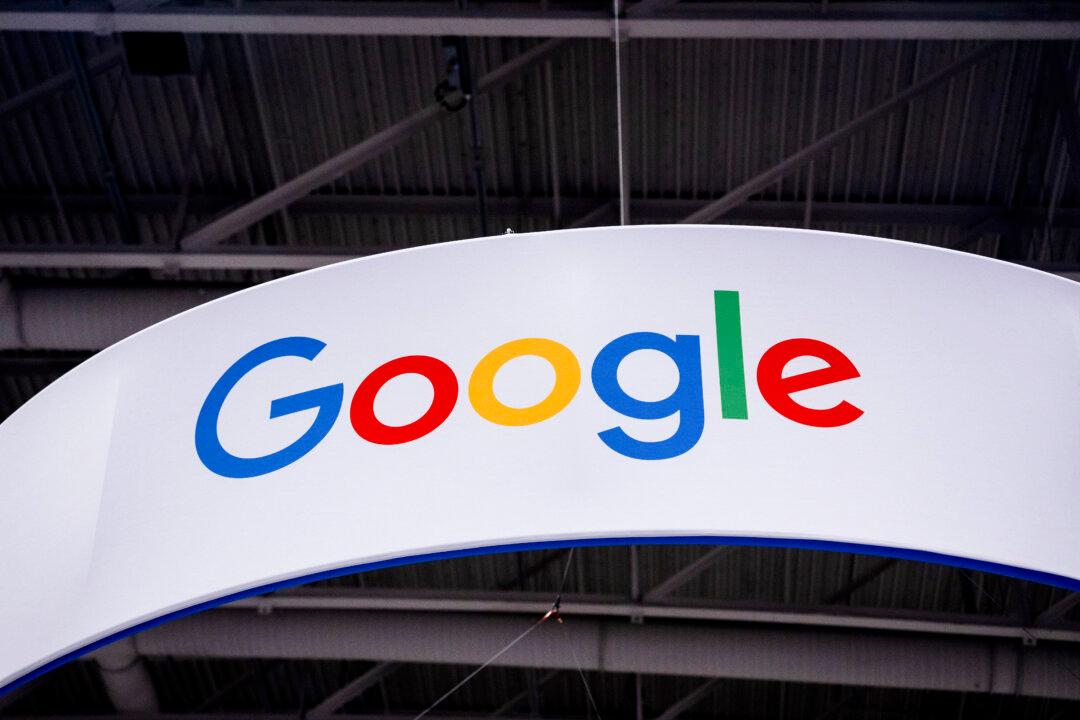Charter Communications Inc. announced on May 16, ahead of the opening bell, that it had completed a “transformative transaction” to merge with rival Atlanta-based cable giant Cox Communications in a deal valued at $34.5 billion.
In a conference call announcing the blockbuster deal to investors, shareholders, and Wall Street analysts, Charter President and CEO Chris Winfrey stated that the agreement would enable the combined company to compete with larger national and global competitors that bundle cable, wireless, broadband, and video streaming services.





